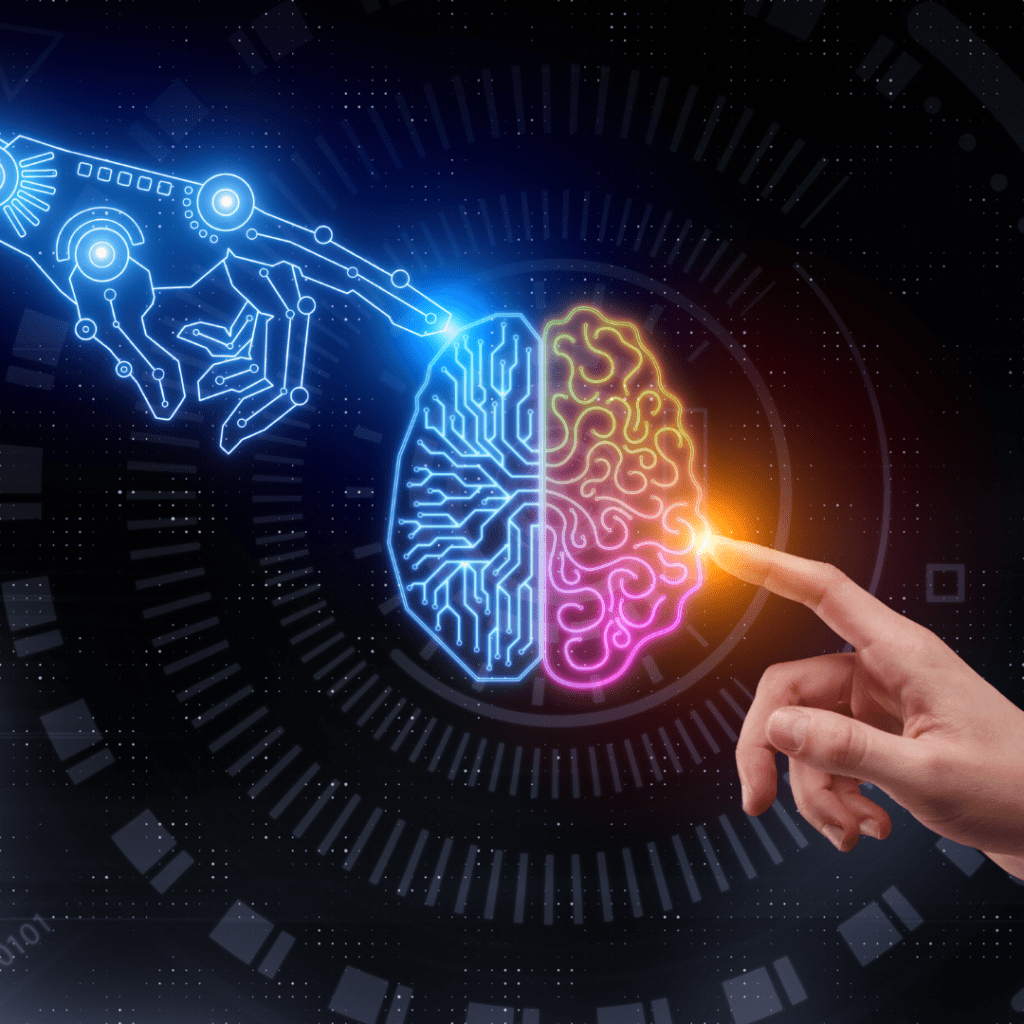In the dynamic world of technological evolution, the notion that sophisticated, human-like machines might erode our humanity is quickly dispelled.
Instead, this advancement promises to boost and enrich our human qualities, potentially lifting us to higher planes of humanity.
Kristian Hammond, a renowned computer science professor at Northwestern University, encapsulates this idea, stating, “As we humanize machines, we stop mechanizing ourselves.”
By delegating routine, monotonous tasks to machines, we free ourselves to engage in more creative and intellectually stimulating pursuits. This shift fosters personal growth and propels us towards self-actualization.

The Symbiosis Between Humans and Machines
Technological progress has cultivated a mutually beneficial relationship between humans and machines, enhancing our capabilities. This partnership achieves extraordinary feats, previously unattainable by either party alone. From the creation of basic tools to augment physical strength to the development of machines that reduce physical labor, requiring minimal human oversight—this evolution from horse-drawn carts to automobiles and from telegraphs to telephones marks our progress.
Automation and Advanced Machine Learning
The advancement towards automation and the use of sophisticated algorithms enable machines to operate with minimal human intervention. This evolution has transformed telephones into smart devices that adapt to user habits and cars into semi-autonomous vehicles equipped with GPS and cruise control, moving towards full self-driving capabilities. Incorporating machine learning, computer vision, and natural language processing, machines now autonomously execute tasks, increasingly capable of anticipating and meeting human needs with little input.

Towards an Interconnected Global Brain
As we evolve, the interaction between humans and machines deepens into a more profound symbiotic relationship. The Internet of Things (IoT) is morphing into the Internet of Bodies (IoB), enhancing human interaction with technology through wearables and embedded sensors. Innovations like implantable RFID chips, brain-computer interfaces, and muscle-controlled prosthetics are enhancing human capabilities, hinting at a future where devices like brain chips could offer bionic enhancements and enable telepathic communication.
Human-Centric Technology Development
For technology developers, the importance of human-centric design principles is paramount. Ensuring accessibility, transparency, and delivering value are critical. Technologies that minimize cognitive load and are intuitive, such as using natural language processing for verbal interactions, serve people effectively. Prioritizing accessibility, transparency in data handling, and providing personalized services are key to aligning with technological progress.
Leveraging Generative AI in Data Analysis
The increasing reliance on generative AI by data scientists, data analysts, and business owners accelerates data processing and insight generation, enhancing data-driven decision-making. Utilizing tools like NextBrain AI not only quickens insight extraction but also fosters interactive engagement, resembling a consultation with a team of experts. Discover the transformative potential of NextBrain AI in data analysis by scheduling a demo today.


 +34 910 054 348
+34 910 054 348 +44 (0) 7903 493 317
+44 (0) 7903 493 317